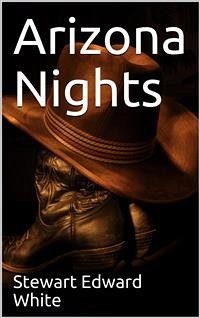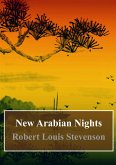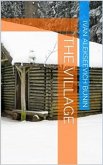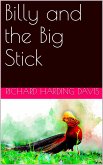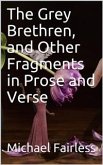Harrowing tales of Southwestern adventures experienced by gold prospectors, cattle ranchers and others trying to make their way through the 19th century wild west. Told in an enjoyable "campfire tale" tone by Steward Edward White. There are a variety of sound western stories. Each short story was true to the lore of the west and it's characters. The bulk of this excellent collection consists of a series of campfire stories told by the ranch hands as they work together on an open range roundup, the different stages of which are themselves excitingly narrated by an unnamed cow-puncher. The stories are all triggered off by their immediate activities, as such things tend to be. They vary in length and style, some humorous some tragic, touching on foolishness and treachery, harking back to the lawless days of Cochise and Geronimo. Then there were two separate stories featuring the biggest cattle rancher in Arizona, the grimly determined Buck Johnson, neither of which end particularly well for him. The first of these, 'The Two-Gun Man', involves a double-cross you can see coming from a mile away and was made into a movie in 1930 called Under a Texas Moon. The second story, 'The Rawhide', was something altogether superior. Suddenly struck with the emptiness of his life and shabbiness of his surroundings, Buck Johnson decides to take a pretty young wife, who finds nothing to amuse herself with in the desert beyond binding potatoes in wet rawhide, which shrinks and strangles them when heated in the sun. Stewart Edward White writes a refined prose, with little of the romanticism for his subject matter which often undermines the authenticity of the genre. Whenever anyone kills he does so as cravenly as can, shooting his man unawares. The author clearly loved the place too, the 'magnificent, flaming, changing, beautiful, dreadful desert of the Arizona Plains', the mesquite prairies, the alkali dust, the cactus, the mountains that look so brittle in the blazing sun. It's a geography that lends itself to poetic description.
Bitte wählen Sie Ihr Anliegen aus.
Rechnungen
Retourenschein anfordern
Bestellstatus
Storno

